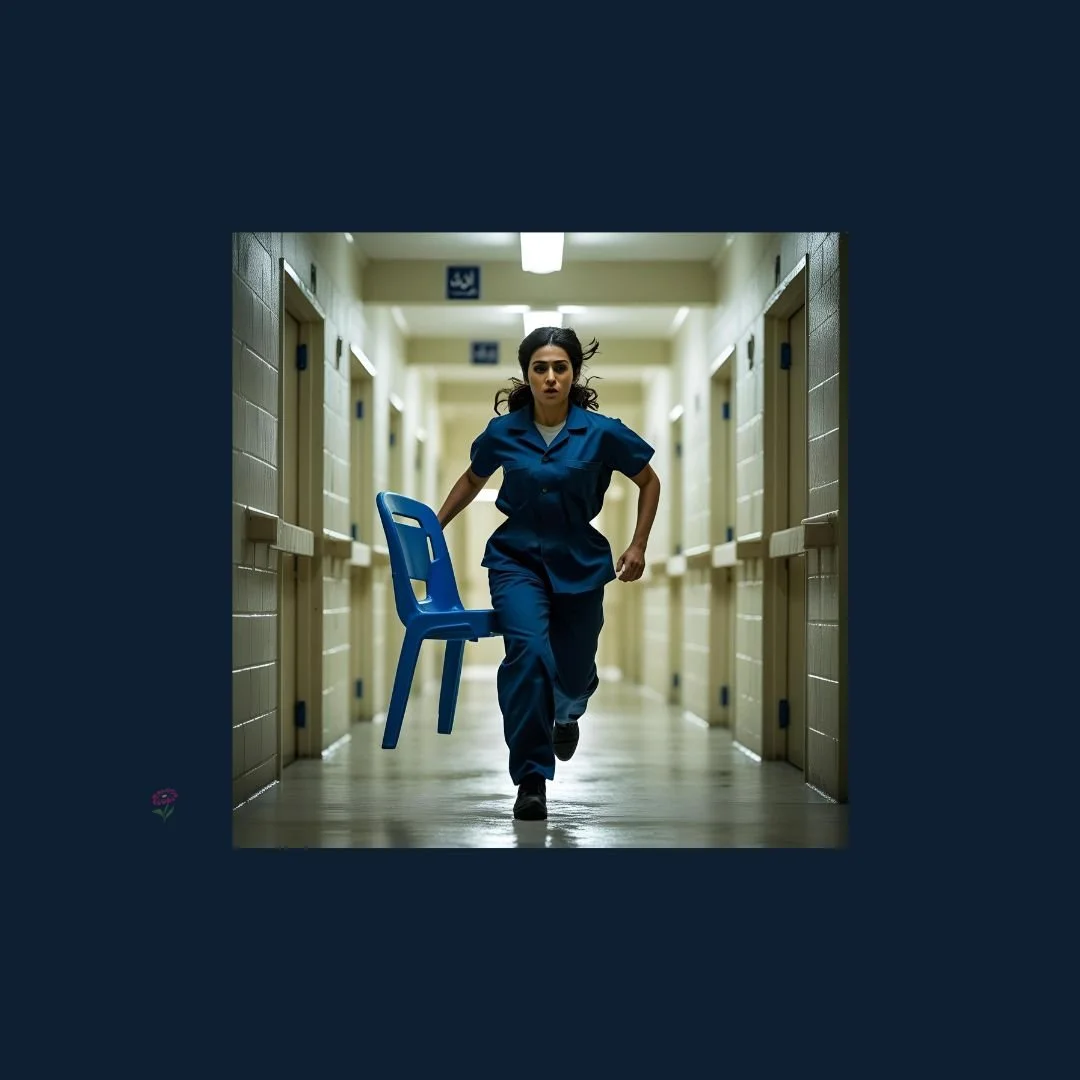The Freedom to Go to Church: A Prison Story
In America, we have religious freedom. But for most of us, it’s easy to take that freedom for granted. Nothing made that clearer to me than prison.
When you first arrive, you're placed in a separate intake unit—an isolated, high-security area where you're locked in a tiny room with a roommate for 23 hours a day. Processing into general population takes time. For me, it took a couple of months.
This is a picture of a cell at WHV. When you first get here, it’s bare. No pictures. No hangers. No fan, no TV, not even a cup. Everything you see now is a luxury—earned over time.
But there was a bright spot: the prison allowed church services, led by volunteers from local congregations. If it was your first time attending, they handed you a Bible—a soft-covered one you held like treasure. And for women like me, that church service was more than a religious ritual. It was a lifeline.
Word spread fast when volunteers were in the building. The officers announced that church would be held in the dayroom, but that seating was limited—first come, first served. If you wanted a spot, you had to bring your own chair. So we prepared—placing our chairs by our doors, ready to sprint (well, walk quickly—no running in prison!) the moment the call came.
When they called church, it was like a holy stampede. We rushed out, chairs in hand, not wanting to miss our chance to worship. And in that moment—speed-walking down the hall with a plastic chair in my arms—it hit me: all those Sundays back home, all the chances I had to go to church freely, and how casually I treated them.
This! Exactly this but with 50 other women…
Now, I was running toward Jesus with a chair.
By the time we were carrying our own chairs into that service, most of us had already been through something—trauma, loss, shame, rock bottom. We showed up full of either deep gratitude or deep pain. Some of us were leaning hard into God. Others were just hoping He was real. But none of us were there to play church. We were there because we needed something holy to hold on to.
When I got to the dayroom, I found a spot to put my chair and sit. The volunteers were kind. They asked my name—not my number. They didn’t lecture. They just wanted to pray with us, sing with us, share the gospel with us. And they gave me a Bible.
That moment reminded me: freedom doesn’t always mean being outside prison walls. Sometimes it means being seen, being loved, being given the chance to worship.
I’ll never take church for granted again. After ten years of wishing I could sit in a real church, it’s not lost on me what a blessing it is to walk through those doors. Every opportunity I have to be here—I take it, with gratitude and reverence.
Thank you for reading





